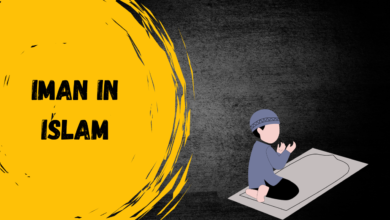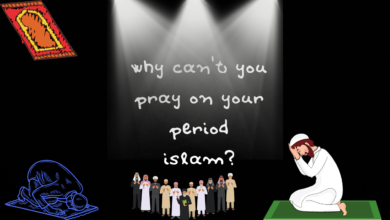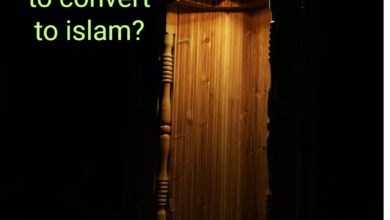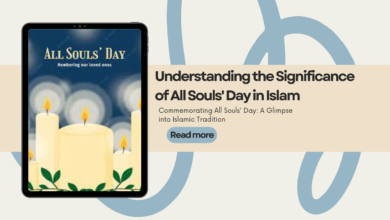when did islam begin?
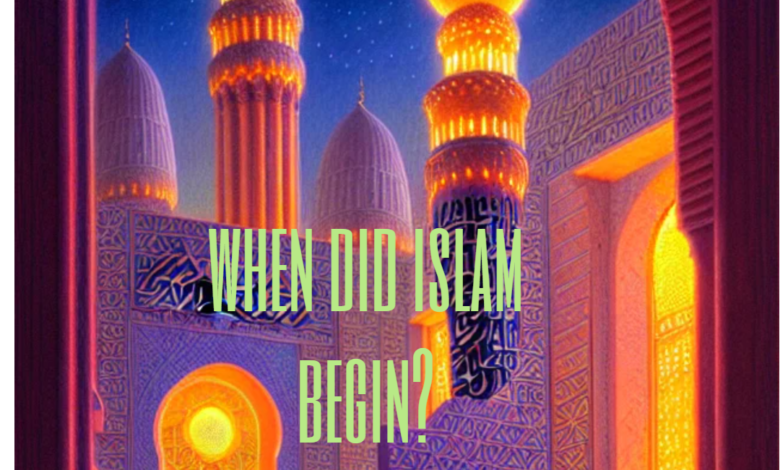
Introduction:
Islam is one of the world’s major religions, with over a billion followers spread across the globe. Its history is rich and complex, marked by significant events and transformative developments. The origins of Islam can be traced back to the 7th century CE, making it one of the youngest of the world’s major religions. In this article, we will delve into the historical context and events that led to the birth of Islam.
The Pre-Islamic Arabian Peninsula:
Before the emergence of Islam, the Arabian Peninsula was a diverse region inhabited by various tribes and clans, each with their distinct customs, traditions, and beliefs. Religion played a central role in the lives of the Arabs, and they worshiped a multitude of gods and goddesses, with the Kaaba in Mecca as a focal point for pilgrimage.
The Prophet Muhammad and the Revelation:
The pivotal figure in the founding of Islam was Prophet Muhammad (570-632 CE). He was born in the city of Mecca, located in present-day Saudi Arabia, and belonged to the Quraysh tribe. Muhammad was a respected merchant known for his honesty and integrity, earning him the title “Al-Amin” (the trustworthy).
Around the age of 40, Muhammad began receiving revelations from Allah (God) through the angel Gabriel. These revelations, recorded as the Quran, form the holy scripture of Islam. Over a period of approximately 23 years, from 610 to 632 CE, the revelations continued, providing guidance on various aspects of life, spirituality, morality, and governance.
The Birth of a Faith:
As Muhammad’s teachings gained traction, he faced opposition from Mecca’s powerful elite, who perceived his message as a threat to their economic interests and the status quo. Despite the challenges, a group of early believers, known as the Sahabah (companions), formed around him. Notable among them was his close friend and confidant, Abu Bakr, who would later become the first caliph (successor) of Islam.
In 622 CE, facing increasing persecution, Muhammad and his followers migrated to the city of Yathrib, later renamed Medina (the City of the Prophet). This event, known as the Hijra, marks the beginning of the Islamic lunar calendar and is considered a critical turning point in the history of Islam.
Consolidation and Expansion:
In Medina, Muhammad established a cohesive and structured Muslim community. He acted as both a spiritual and political leader, uniting the diverse tribes of Medina under the banner of Islam. The Muslims faced several military confrontations with the Quraysh of Mecca, who sought to suppress the new faith.
Despite initial setbacks, the Muslims eventually emerged victorious in the Battle of Badr in 624 CE, a turning point that bolstered their confidence and solidified their position. Over the next decade, the Islamic state expanded its influence through diplomacy and military campaigns.
The Farewell Sermon and Legacy:
In 632 CE, Prophet Muhammad delivered his farewell sermon during the Hajj pilgrimage, emphasizing principles of equality, justice, and unity among Muslims. He passed away shortly afterward in Medina. The death of Muhammad marked the end of prophethood, according to Islamic belief, as he was the last and final messenger of Allah.
Conclusion:
Islam began in the 7th century CE with the revelations received by Prophet Muhammad in Mecca and Medina. Over time, the faith grew exponentially, transcending geographical and cultural boundaries to become a global religion. Today, Islam’s influence can be seen in diverse societies, shaping the lives of billions of believers and leaving an indelible mark on human history. Understanding the origins of Islam allows us to appreciate its significance and the enduring impact it continues to have on the world.
When did Islam begin?
Islam began in the early 7th century CE. The exact date is traditionally believed to be in the year 610 CE, when the Prophet Muhammad received the first revelation from Allah (God) through the Angel Gabriel in a cave on Mount Hira near Mecca. This event is known as the beginning of Islam and is referred to as the “First Revelation” or “Prophethood.”
Who is the founder of Islam?
Islam was founded by the Prophet Muhammad. Muslims believe that Muhammad is the last and final messenger of God, sent to guide humanity and convey the message of Islam.
Where did Islam originate?
Islam originated in the Arabian Peninsula, specifically in the city of Mecca, which is located in present-day Saudi Arabia. Mecca is considered the holiest city in Islam, and it is where the Prophet Muhammad was born and received the first revelation.
What is the holy book of Islam?
The holy book of Islam is the Quran. Muslims believe that the Quran is the literal word of God, revealed to Prophet Muhammad over a period of approximately 23 years. It serves as the ultimate guide for Muslims in matters of faith, worship, morality, and daily life.



